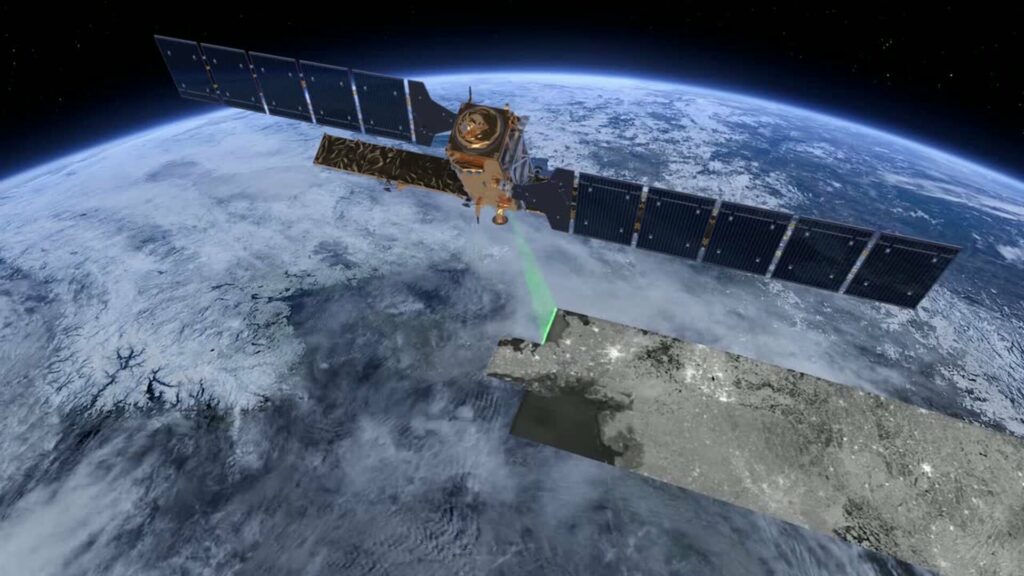The first European multi-orbital satellite constellation to provide a secure communications infrastructure for EU government bodies and agencies will be active by 2024, the European Parliament (EP) and Council agreed.
The future of the EU satellite constellation, which has been named ‘IRIS²' (Infrastructure for Resilience, Interconnectivity and Security by Satellite) has been set in stone. After nine months of negotiations, an agreement was reached between MEPs and the Council, paving the way to make the project reality.
The objective of ‘IRIS²' is also to provide commercial services, to be facilitated by the private sector which among others, could be further developed into worldwide high-speed broadband, designed to secure the internet and its communications "everywhere" on its territory from 2027 onwards.
"These satellites will be useful to governments, but also to citizens, bringing the internet to the least connected areas," rapporteur Christophe Grudler (Renew, FR) said after the agreement was made. The network of European telecommunication satellites will be active from 2024, backed by a budget of €2.4 billion.
The project will see a few hundred satellites being placed in several orbits. Grudler argued that, unlike other projects that multiply the number of satellites without thinking about the environmental impact, such as Elon Musk's Starlink constellation, the EU's network will be a "world example in terms of space sustainability."
Sovereign infrastructure
The agreement was welcomed by the European Commission, who proposed the initiative in February this year. It stressed that, as the functioning of the EU's economy and security is "increasingly dependent on secure and resilient connectivity," it is paramount for the bloc to develop a "sovereign, autonomous and secured connectivity infrastructure."
The Commission added that this was especially true in a context where cyber security threats are becoming increasingly important, more so following Russia's aggression against Ukraine. "The scheme will ensure the EU's strategic autonomy in the field of secure government communications," an EP statement read.
Related News
- The first space tourist wants to return to space with SpaceX
- NASA spacecraft crashes into asteroid in successful planetary defence mission
Above all, it should make it possible to "maintain it in the event of a crash of terrestrial infrastructure," as the network will be complementary to grounded networks, ensuring seamless digital communication, even when networks on land are absent or disrupted.
The text of the agreement is now subject to formal approval by the European Parliament and the Council.

